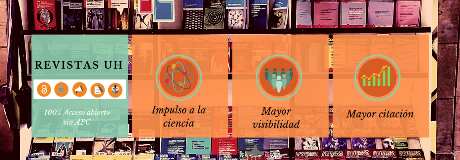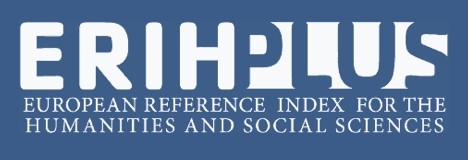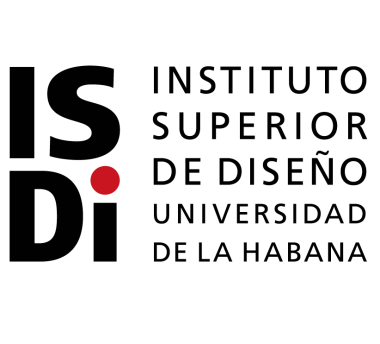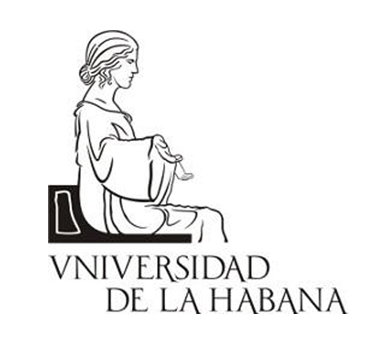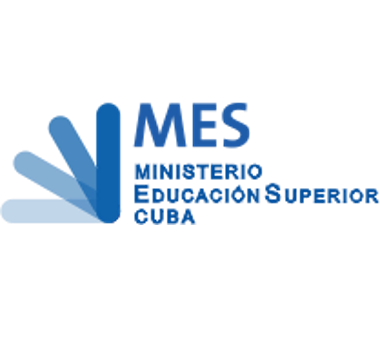From the academy. 2019 - ISDi Doctorate Thesis. Master's Thesis
##plugins.themes.bootstrap3.article.main##
Abstract
2019 - ISDI DOCTORATE THESIS
Peña Martínez, Sergio Luis. Model to characterize the design profession. In the social and productive context of Cuba
Summary
The thesis document was structured in:
Introduction, which describes the problematic situation, exposes and bases the scientific problem to be solved.
Chapter 1. That addresses the theoretical and methodological references of the research, delves into the object of study and determines its current status.
Chapter 2. Where the model is developed and the material and method of the research tasks carried out for the conception of the model, its components, interrelationships and procedures, as well as the validation of the model as a way of testing the hypothesis are exposed.
Conclusions, recommendations, consulted bibliography and annexes.
The contributions of the research refer to the scientific novelty when characterizing the Design profession in the social and productive context of Cuba, which integrates the object of the profession with professional competencies.
The construction of an integrative theoretical conception of Design, which defines and interrelates the components of the object of the profession. The methodological value given by the logic of the relational model to characterize the Design profession in the social and productive context of Cuba. The model is bidirectional and allows a transition from professional problems to designer profiles and vice versa.
Socially, it contributes to the general culture of Design, to the construction of policies and to the insertion in reality, as a way to improve the quality of life and socio-cultural development of the country.
The model and its theoretical framework constitute the conceptual basis of the curricula of the Design careers in relation to the professional models, profiles, specializations and objective systems for careers and years, also contributing to the improvement and training of all graduate levels and job training.
And as an economic contribution it is considered that this tool assists in the processes of insertion and integration of Design in the economic and social reality, allows a better organization of the exercise of the profession and the management of human resources in the Register of designers, Qualifiers
2019 - ISDI MASTER'S THESIS
Urueña Téllez, William Fredys. Guidelines for the formulation of public design policies in Ecuador.
Summary
Taking as a public problem the lack of insertion of design as a factor of productive, economic, social and cultural development in Ecuador and its social responsibility, the formulation of policies in this sense constitutes one of the main design management strategies for: preservation identity in material heritage, environmental sustainability, productive development, competitiveness, improvement of marketing and image processes, innovation in companies, products, processes and services, among others. On the other hand, poor planning in the formulation of these types of projects leads to them not being able to respond to the proposed objectives, goals and users. Consequently, the objective of this research is to show the value of the use of the Logical Framework Approach (EML) as a tool for planning, evaluating and managing social development projects, specifically, policies for Design. For the generation of the problems, causes and effects, we worked with data from the Ecuadorian Chamber of Design collected since 2011, specifically the reports of the work tables carried out in the four versions of the International Chrome Meeting, with the participation of the State. , the academy, businessmen, users and designers represented in different associations nationwide. The results and conclusions of applying the EML are shown in the statement of four public policies aimed at: promotion and promotion of Design, improvement of productivity, innovation and competitiveness, training in designs; observation, research and design culture.
##plugins.themes.bootstrap3.article.details##

This work is licensed under a Creative Commons Attribution-NonCommercial-ShareAlike 4.0 International License.
- Attribution — You must give appropriate credit , provide a link to the license, and indicate if changes were made . You may do so in any reasonable manner, but not in any way that suggests the licensor endorses you or your use.
- NonCommercial — You may not use the material for commercial purposes .
- No additional restrictions — You may not apply legal terms or technological measures that legally restrict others from doing anything the license permits.
- ShareAlike — If you remix, transform, or build upon the material, you must distribute your contribution under the same license as the original. NOTE: This point applies to numbers 1 to 20 of the magazine with the previous CC-BY-NC-SA 4.0 license. Does not apply to the new CC BY-NC 4.0 license from Volume 11, Number. 21 (2024).
References
Peña, S. L. (2019) Tesis de doctor: Modelo para caracterizar la profesión de diseño. En el contexto social y productivo de Cuba. La Habana. Biblioteca ISDi
Urueña, W. F. (2019) Tesis de maestría: Lineamientos para la formulación de políticas públicas de diseño en el Ecuador. La Habana. Biblioteca ISDi









